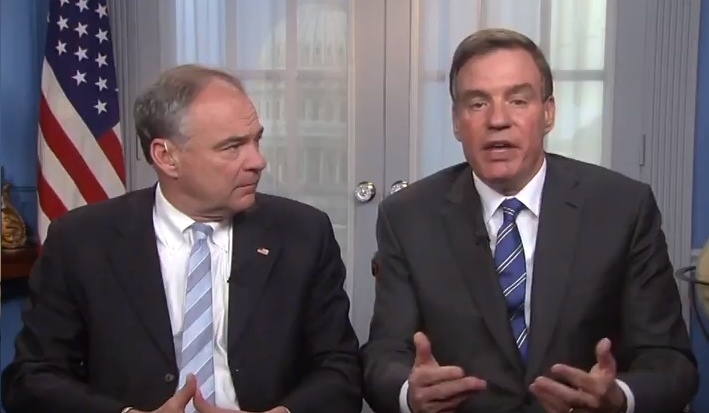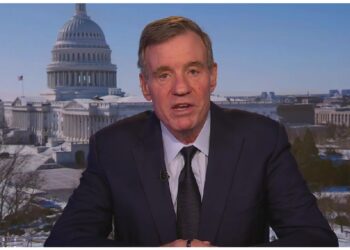From Senators Mark Warner and Tim Kaine:
WARNER & KAINE SLAM REPUBLICAN ATTEMPTS TO DEFUND PUBLIC BROADCASTING
~ In FY24, Virginia received $99.4 million for public broadcasting, more than any other state in the nation ~
~ Rural communities often rely on public media as their only source of local news ~
WASHINGTON – Today, U.S. Sens. Mark R. Warner and Tim Kaine (both D-VA) slammed efforts by congressional Republicans to defund public media and revoke more than $1.07 billion in previously-appropriated funding for the Corporation for Public Broadcasting, including $100 million for Virginia. This move would cut federal support for more than 1,500 public radio and TV stations, nearly half of which serve rural communities.
“In yet another shortsighted effort, President Trump is now trying to gut public radio and broadcast TV news, which deliver impartial news, critical information, and educational programming to communities all across the country. As former governors, we are deeply disturbed by these efforts because we know that public media is often the only source of local news available to rural communities. We also know that public radio plays a key role in public safety, delivering emergency alerts during disasters like floods, hurricanes, and wildfires,” said the senators. “While our Republican colleagues in the House may be comfortable ceding their constitutionally-established authority over to a power-hungry president, we plan to fight this backwards legislation and protect the funding that was approved by both Democrats and Republicans in Congress.”
Since 2013, public TV stations have helped the Wireless Emergency Alert (WEA) system deliver emergency alerts to people’s cell phones via the stations’ own transmitters when cell companies’ connections fail. In 2024, over 11,000 alerts were issued by federal, state, and local authorities via the PBS WARN system. Similarly, the Public Radio Satellite System (PRSS), which is managed by NPR, helps send presidential emergency alerts to local public radio stations nationwide—allowing critical communications to reach people, even when the internet or cellular connections fail.
The U.S. Constitution grants Congress the authority to approve and appropriate federal dollars. While a sitting president can propose the cancelation of appropriated funding, only Congress has the authority to revoke it, and must do so by passing a rescissions bill. The rescissions package being championed by Republicans comes in response to President Trump’s demand that Congress cancel $9.4 billion in federal funding, including $1.07 billion in funding for the Corporation for Public Broadcasting, which was authorized by Congress in 1967 in order to ensure universal access to non-commercial, high-quality content and telecommunications services. The Corporation for Public Broadcasting delivers funding to more than 1,500 locally owned public radio and TV stations and serves as the largest single source of funding for public radio, television, and related online and mobile services.
The legislation, passed by the House of Representatives earlier this month, is now under consideration by the Senate.

















